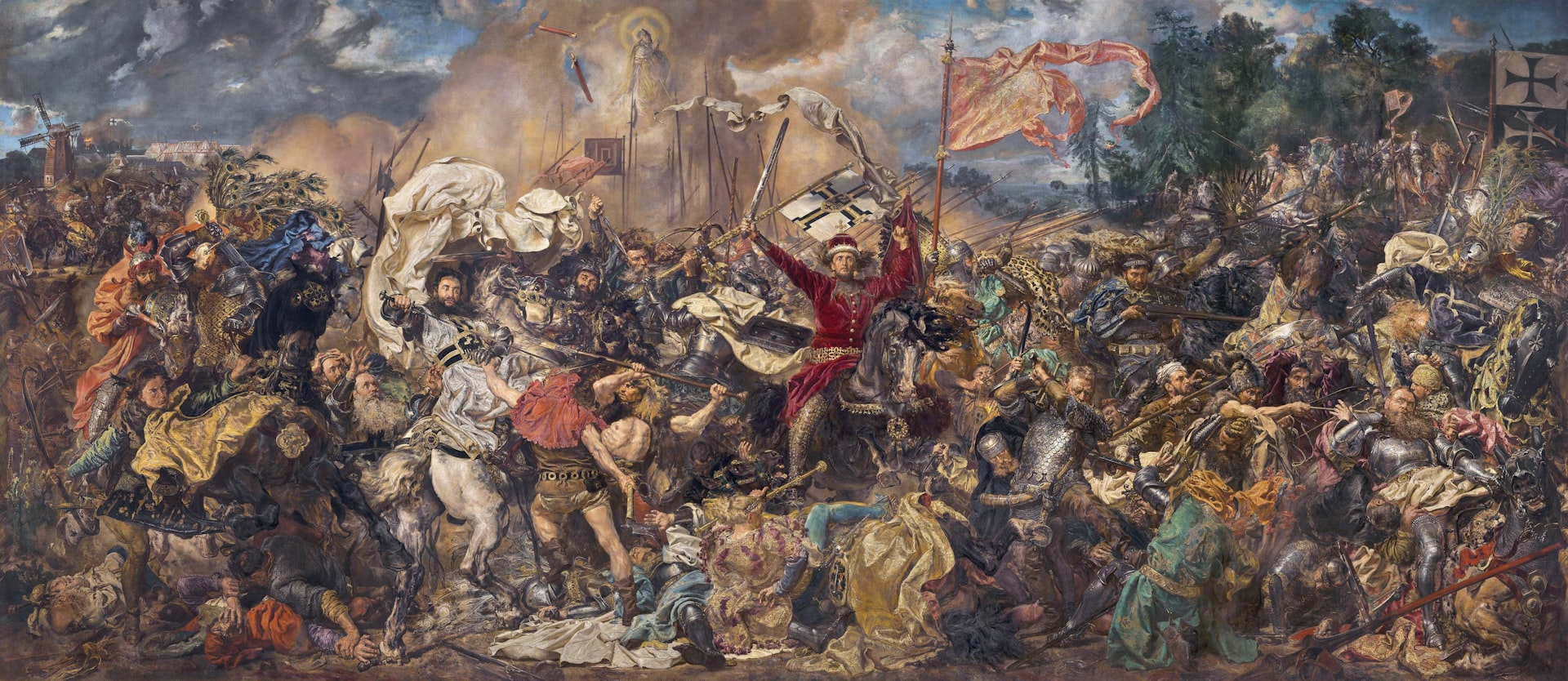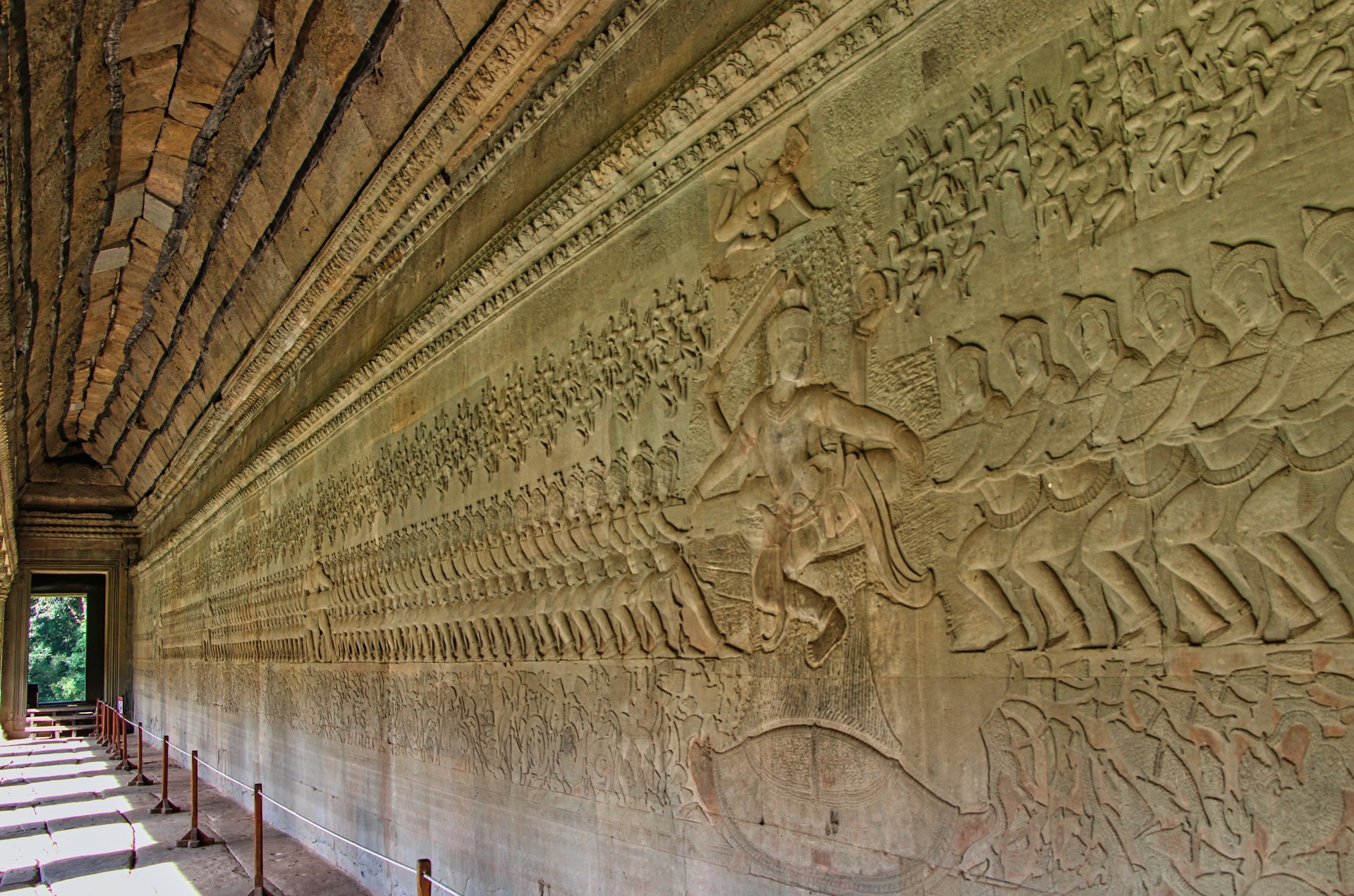Tracing the Historical Origins and Global Evolution of Democracy

Photo by Pyae Sone Htun on Unsplash
The Ancient Roots of Democracy
Democracy is often celebrated as one of humanity’s most enduring and influential political systems. Its origins stretch back thousands of years, with early examples found in small tribal societies where decisions were made by consensus or majority among members. Anthropological studies reveal that proto-democratic forms existed long before the rise of complex civilizations, typically in groups of 50-100 individuals, with active participation from all adult members. These arrangements are now referred to as
primitive democracy
or tribalism, and similar decision-making models still exist in some indigenous communities today. In these societies, leadership was often informal, with power vested in individuals backed by community elders and councils, rather than hereditary rulers or elites
[5]
.
Emergence in Ancient Greece and Beyond
While small-scale democratic practices have ancient precedents, the formal concept and name of democracy as a system of government originated around the sixth century BCE in Athens. The term itself derives from the Greek words demos (people) and kratos (power or rule), signifying the rule of the people rather than a monarch or aristocracy [1] . Athens is widely recognized as the birthplace of democracy, but other Greek city-states also experimented with similar models. By the late fourth century BCE, as many as half of over a thousand Greek cities may have adopted some form of democratic governance [4] .
In Athens, the development of democracy was gradual and marked by a series of reforms. Early steps were taken by Solon in 594 BCE, who addressed class tensions and established legal rights for non-aristocrats. Cleisthenes, often called the “father of Athenian democracy,” fundamentally reorganized the political structure in 508-507 BCE, breaking the power of hereditary nobles and empowering individual citizens. This included organizing citizens into ten groups based on residence rather than wealth or lineage, fostering broader participation and accountability [4] [2] .

Photo by Europeana on Unsplash
Further reforms by Ephialtes in 462 BCE and leadership by Pericles expanded the influence and stability of democratic institutions. Pericles’ era saw the rise of
radical democracy
, which increased citizen involvement in government and shifted more power to popular assemblies. However, participation remained limited to free adult male citizens, excluding women, slaves, and foreigners
[4]
.
Democracy Beyond Greece: The Roman Republic and Other Traditions
Rome developed its own form of representative government after transitioning from monarchy to republic in 509 BCE. The Roman Republic featured a system of checks and balances across three branches: the Senate, Consuls, and Judges. While not a true democracy by modern standards, Roman citizens had a voice in governance, laying groundwork for future representative systems [1] . Ideas of citizenship and legal rights from Roman traditions influenced later democratic models in Europe and the Americas.
It is important to acknowledge that democratic principles also emerged in other regions and cultures, sometimes independently of Greco-Roman influence. For instance, some African societies and Asian polities practiced consultative governance or council rule, though they did not use the Greek term “democracy.” For those interested in a deeper understanding of non-Western democratic history, scholars recommend resources such as Benjamin Isakhan and Stephen Stockwell’s book,
The Secret History of Democracy
[2]
.
Evolution and Transformation: From Ancient to Modern Democracy
Ancient democracies differed significantly from today’s models. In Athens, direct democracy meant every eligible citizen could participate personally in legislative and judicial decision-making. Modern democracies, in contrast, are typically representative: citizens elect officials to make decisions on their behalf. The transition from ancient to modern democracy was shaped by philosophical developments, social movements, and changing attitudes toward citizenship, equality, and individual rights [3] .
Historical interruptions and revivals also marked the journey of democracy. Athens’ system was twice disrupted by oligarchic revolutions during the Peloponnesian War, and eventually suppressed by Macedonian conquest in 322 BCE. Later revivals modified the original model, often sparking debate about what constitutes true democracy. Over centuries, the ideas seeded in ancient Greece and Rome inspired the development of constitutional democracies in Europe, the United States, and beyond. The principle of “government by the people,” though adapted and expanded, remains central to democratic ideology [4] .
Accessing Further Resources and Research Opportunities
If you are interested in exploring the historical origins and evolution of democracy in greater detail, consider these steps for effective research and learning:
- Search authoritative academic sources: Begin by visiting university library websites and online catalogs using terms like “history of democracy,” “Athenian democracy,” and “origins of representative government.” Many institutions offer free access to scholarly articles and books.
-
Consult reputable encyclopedias:
The
Encyclopedia Britannica
offers comprehensive entries on democracy and related historical topics. To access, visit their official website and search for “democracy” or “Cleisthenes of Athens.” - Explore university and classics department publications: For in-depth debates and interpretations, review resources provided by leading departments such as the Stanford Department of Classics. Their publication “Origins of Democracy in Ancient Greece” is available online and provides multiple scholarly perspectives [3] .
- Watch educational videos: Platforms like YouTube host verified channels, such as the “What is Democracy and Where Did it Start?” video, which delivers concise overviews and historical context [1] .
- Engage with global perspectives: To understand democracy’s reach beyond the West, use search terms like “non-Western democratic traditions,” “history of democracy in Africa,” or “consultative governance in Asia.”
While some sources require institutional access or subscriptions, many universities and organizations provide open access materials or introductory guides. If you seek official documents or government archives, visit websites of national libraries and historical societies, using search functions to locate materials on constitutional history and civic structures.
Common Challenges and Modern Implications
The transition from ancient to modern democracy involved overcoming significant obstacles, including social inequality, exclusion of large populations from political participation, and instability caused by internal and external conflicts. Today, democracies face new challenges: maintaining civic engagement, managing misinformation, and adapting to technological change. By studying historical models, modern societies can identify lessons in resilience, inclusivity, and reform.
If you wish to participate in civic education, consider joining local history groups, attending public lectures, or enrolling in online courses provided by accredited universities. For official information on democratic governance and current policy initiatives, consult your country’s education ministry or relevant government agencies. Always verify that you are accessing real and official websites by searching for the agency’s name and confirming its domain through trusted portals.
Key Takeaways
The historical origins of democracy reveal a rich tapestry of experimentation, adaptation, and evolution. From tribal consensus-building to the radical reforms of ancient Athens and the representative structures of Rome, democracy’s journey has been shaped by countless individuals and communities. Today, its influence is global, but its challenges and possibilities remain as pressing as ever. By engaging with verified resources and embracing diverse perspectives, anyone can deepen their understanding and contribute to the ongoing story of democratic governance.
References
- [1] YouTube (2021). What is Democracy and Where Did it Start? Verified educational overview.
- [2] Lifestyle Democracy (2021). Democracy has ‘old’ roots, but they go beyond those of Ancient Greece.
- [3] Stanford Department of Classics. Origins of Democracy in Ancient Greece.
- [4] Wikipedia. Athenian democracy.
- [5] Wikipedia. History of democracy.



